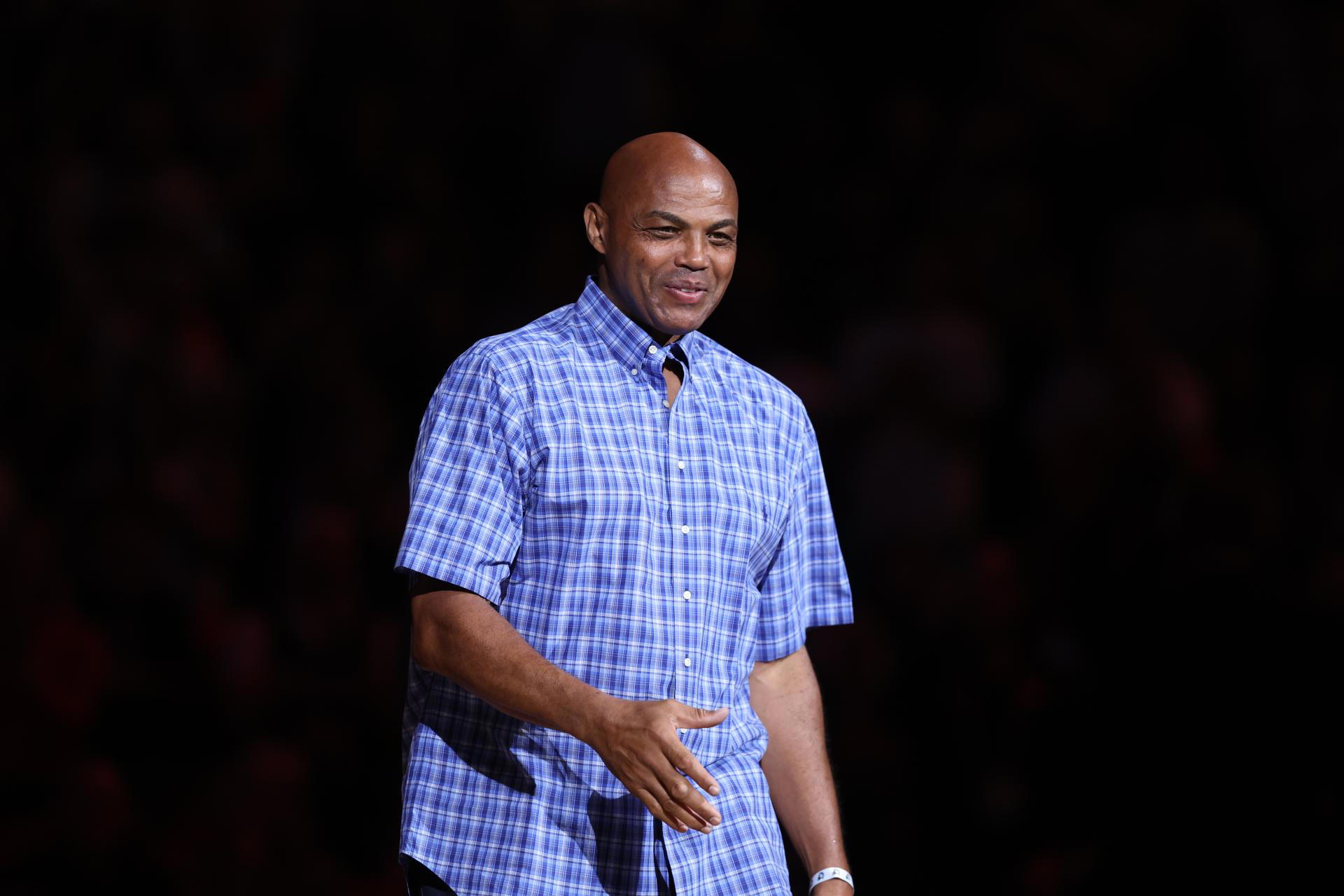Charles Barkley, an iconic figure in basketball commentary, recently expressed his dissatisfaction over how ESPN’s coverage of the NBA Finals was overshadowed by discussions on Dan Hurley and the Lakers. Barkley’s outburst sheds light on a recurring issue in sports journalism: the battle between sensational topics and core sporting events.

Charles Barkley’s Candid Reaction
Charles Barkley, known for his straightforward opinions, didn’t hold back during a recent broadcast.
“I’m so pissed,”
he declared, criticizing ESPN for sidelining the NBA Finals’ coverage in favor of other topics. This moment of candid frustration highlights the ongoing struggle within media outlets to balance news that draws viewers against the integrity of sports reporting.
The Role of Media in Sports Coverage
The incident brings to the forefront questions about the priorities of sports media. With the NBA Finals being one of the most crucial events in basketball, one would expect uninterrupted, focused coverage. Instead, the inclusion of unrelated topics during such a critical period can divert attention and dilute the quality of viewers’ experience.
Navigating Viewer Expectations and Media Reality
Viewer expectations are clear: comprehensive and dedicated coverage of major sports events. However, media outlets often have different agendas, driven by the pursuit of broader viewership and higher ratings. This disparity can lead to decisions that frustrate sports purists like Barkley, who expect the spotlight to remain firmly on the game.

Analytics and Audience Engagement in Sports Journalism
Understanding Audience Preferences
Sports networks utilize advanced analytics to gauge what topics retain viewership. While this can lead to tailored content that aligns with viewer preferences, it also risks overshadowing important sports events with more sensational yet less relevant stories.
The Double-Edged Sword of Analytics
Analytics play a pivotal role in shaping media coverage. Networks like ESPN analyze viewer data to strategize their content. This approach, while beneficial in understanding audience patterns, can sometimes lead to a mismatch between sports coverage and audience interests, especially if not managed carefully.

The Impact of Digital Cookies on User Experience
Cookies and other tracking tools are crucial in collecting data necessary for these analytics. They help websites understand user behavior, such as which articles are read most and how users navigate through a site. This data is vital for media outlets to refine their content and enhance user engagement.
While these technologies offer a more personalized browsing experience, they also raise concerns about privacy and the relevance of content being pushed to users. For instance, someone interested in the NBA Finals might find themselves navigating through unrelated topics due to these analytical strategies.
Finding Balance in Sports Media
Charles Barkley’s recent remarks serve as a crucial reminder of the delicate balance media outlets must maintain. While it’s important to attract and retain viewers with engaging content, sports networks must not neglect the core of what they represent—authentic sports reporting. As media consumption continues to evolve, finding this balance will be key to respecting both the sport and its ardent followers.
Source- Nypost









